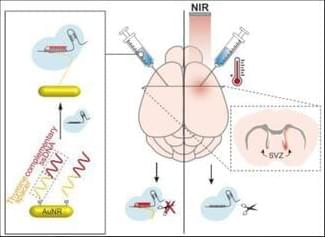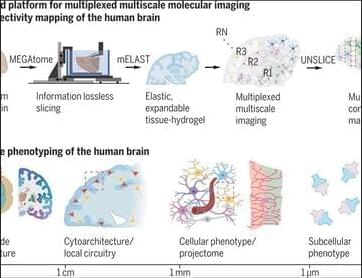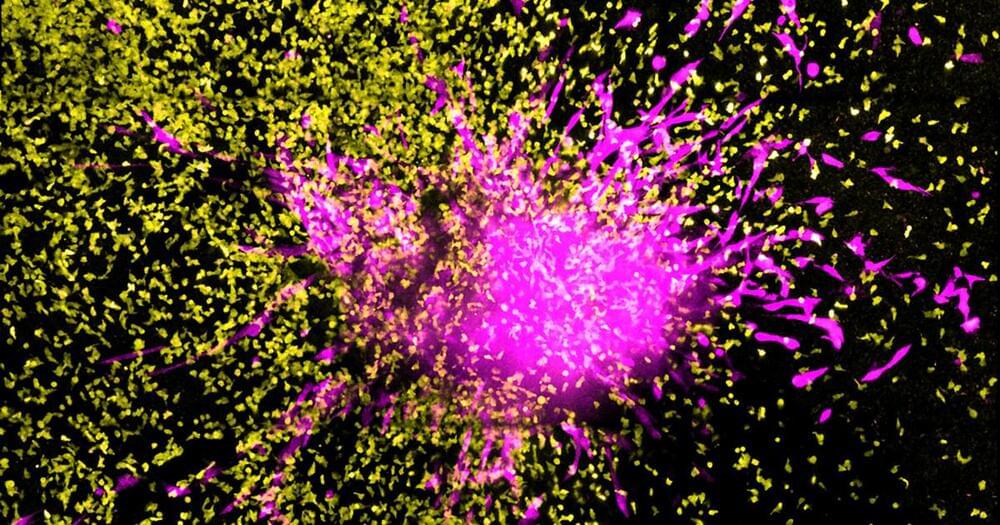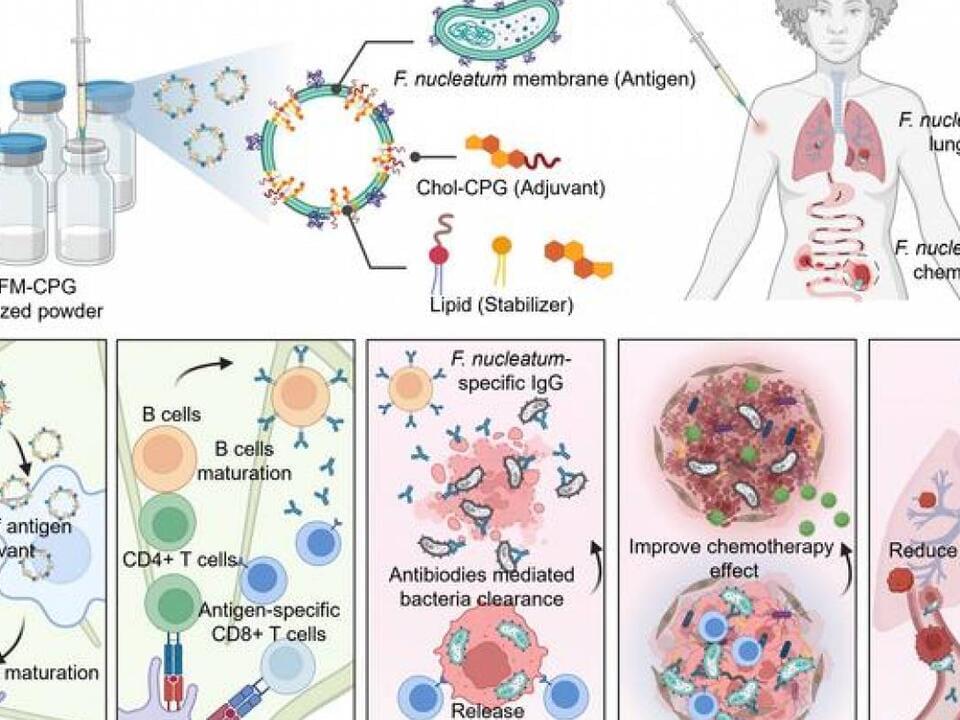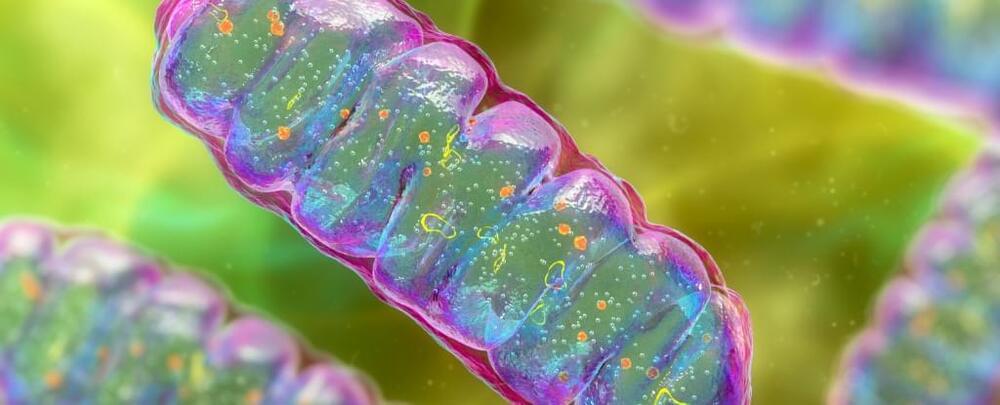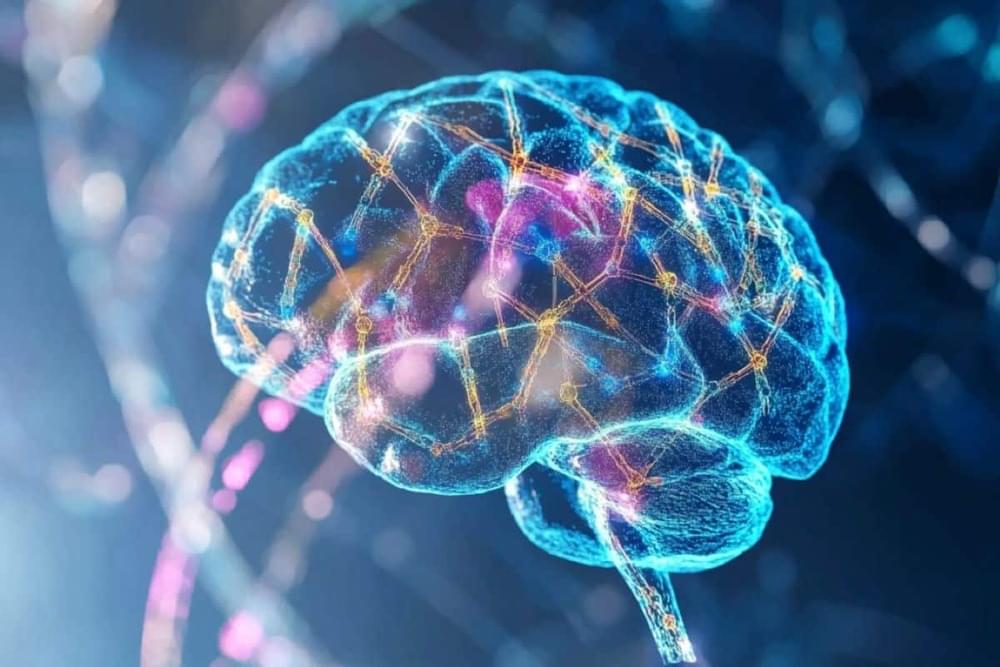Sep 3, 2024
Vitamin D — Benefits and Deficiency Warning Signs
Posted by Paul Battista in category: biotech/medical
I might get banned for this! This will make you question everything you thought you knew about Vitamin D and modern medicine.
Want to learn more about Vitamin D? Check out this FREE resource:
Vitamin D – Benefits and Deficiency Warning Signs PDF by Dr. Berg.

